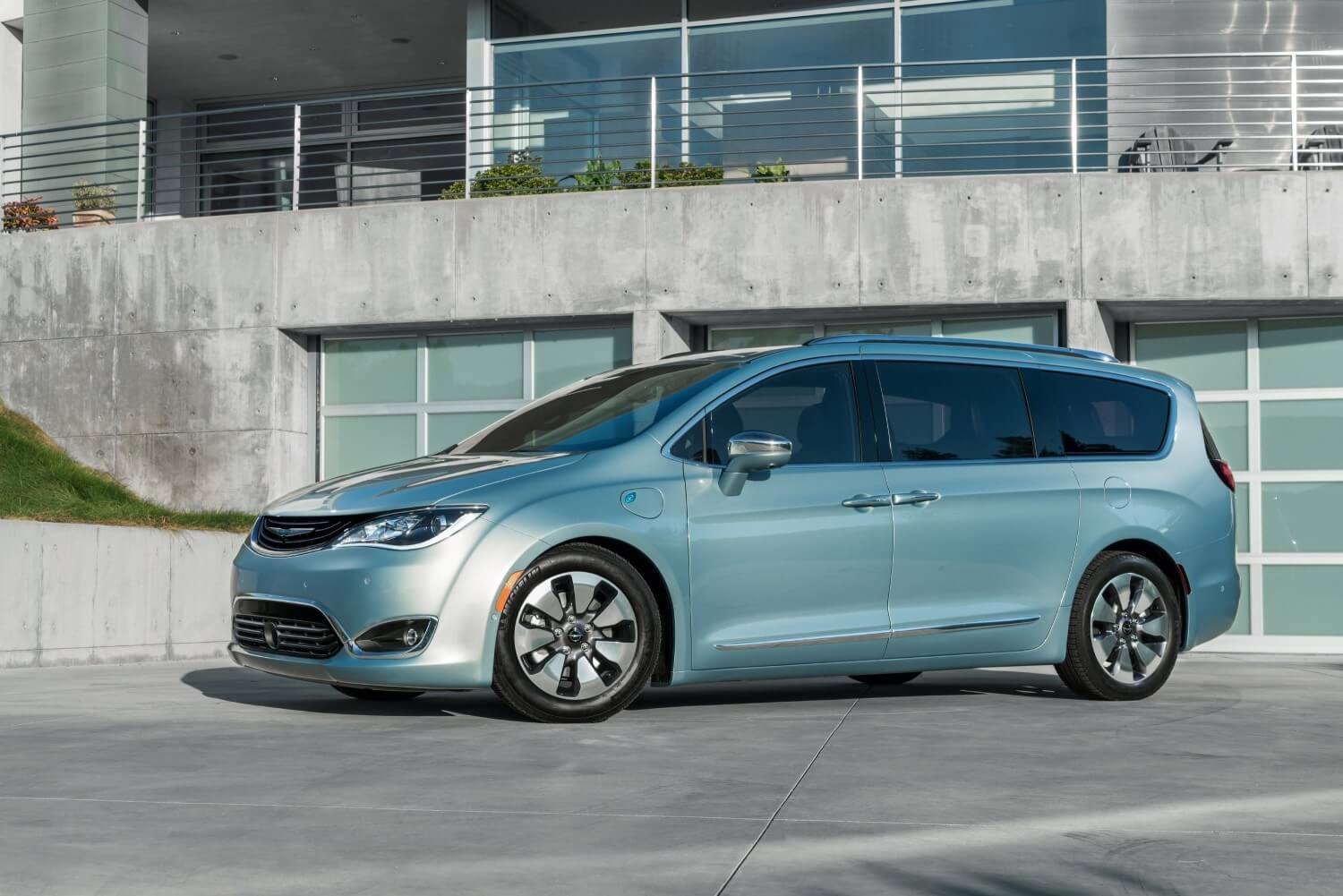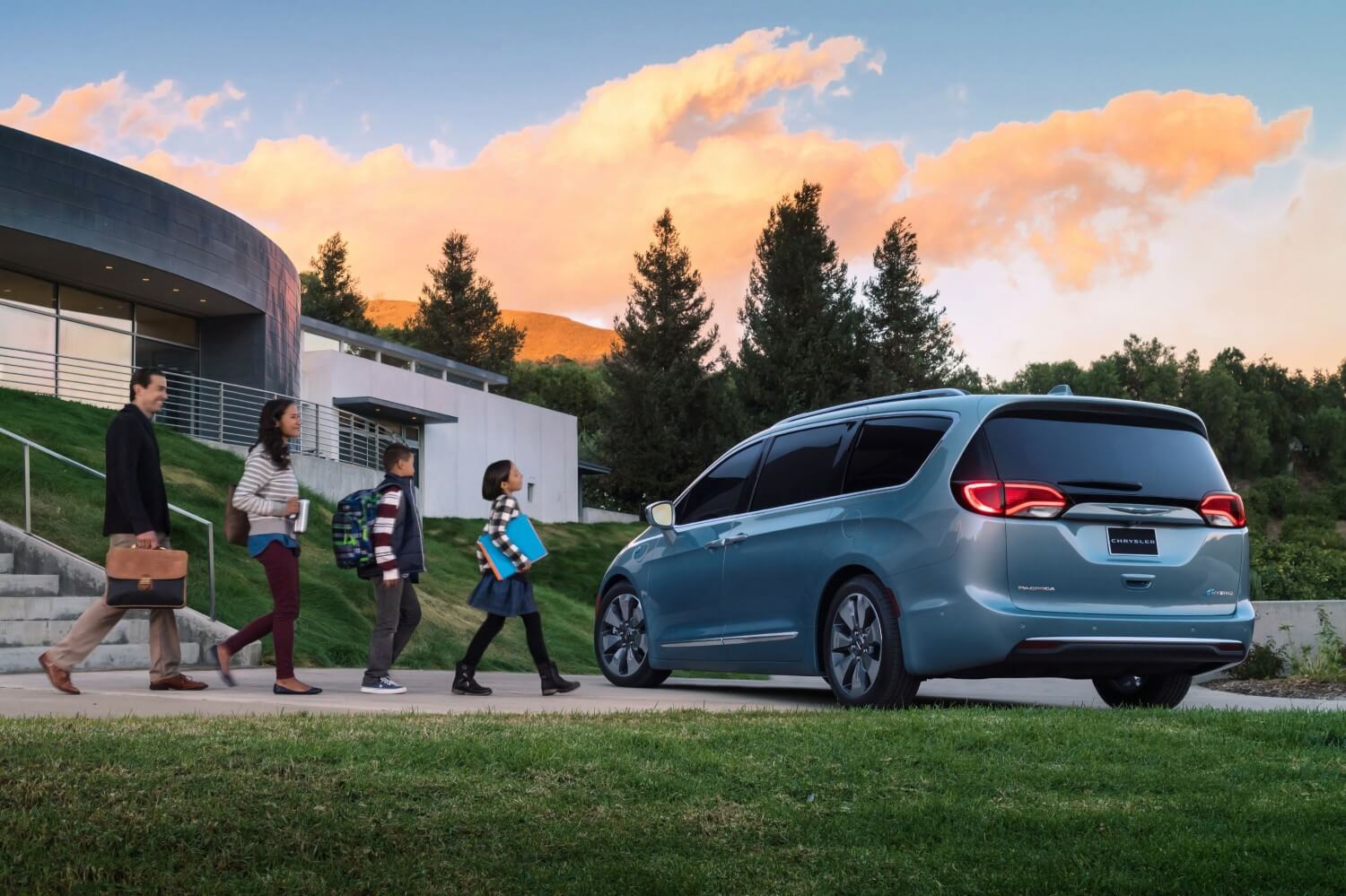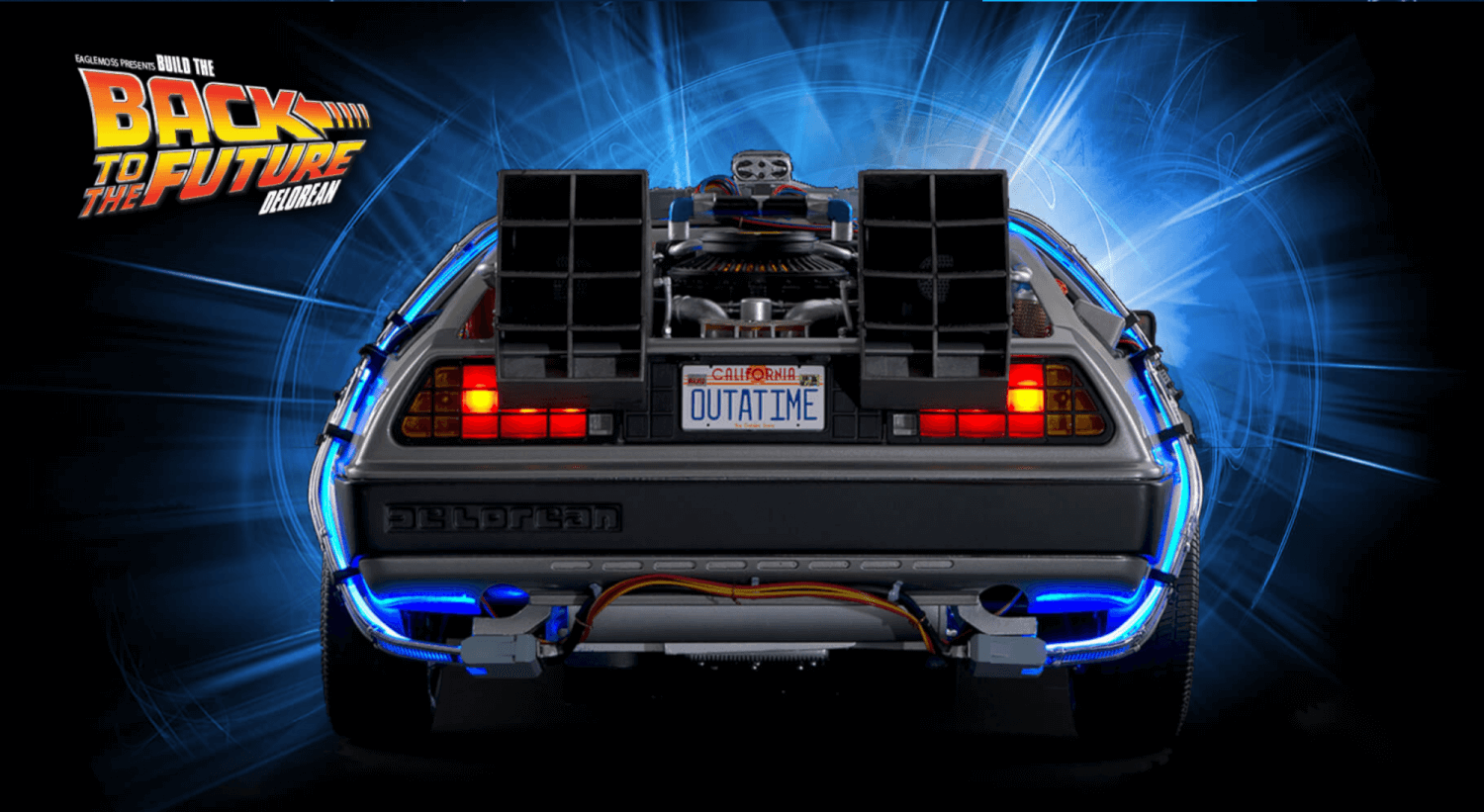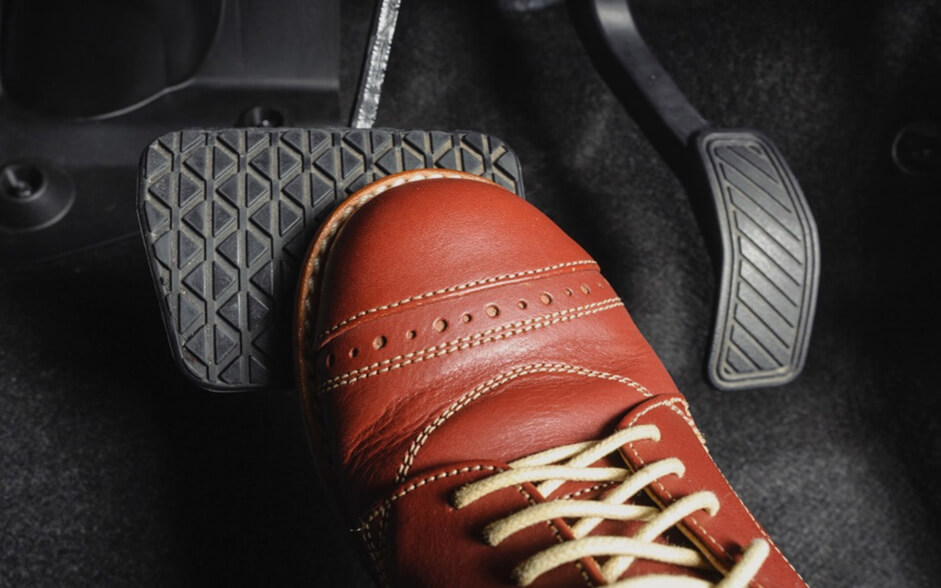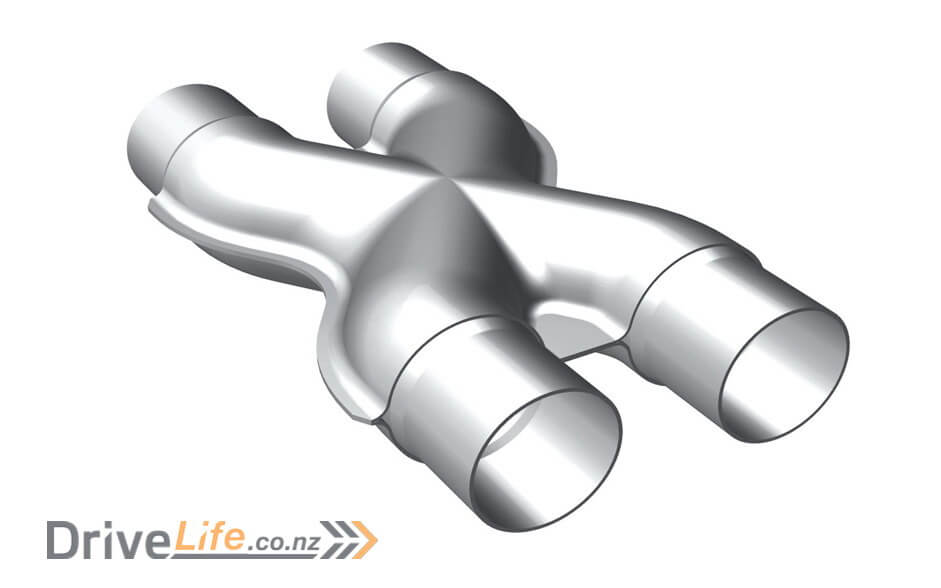- Google expands self-driving test program with the all-new 2017 Chrysler Pacifica Hybrid minivan
- Fiat Chrysler engineers to work alongside Google engineers to integrate self-driving technology into vehicle
- Self-driving cars have the potential to make our roads safer and make transportation more accessible for millions of people
The Google Self-Driving Car Project and Fiat Chrysler Automobiles have announced, in a first-of-its-kind collaboration, that they will integrate Google’s self-driving technology into all-new 2017 Chrysler Pacifica Hybrid people movers to expand Google’s existing self-driving test program.
This marks the first time that Google has worked directly with an automaker to integrate its self-driving system, including its sensors and software, into a real world production passenger vehicle.
The Chrysler Pacifica Hybrid minivans will be used later this year for Google’s self-driving testing, more than doubling Google’s current fleet of self-driving test vehicles. Engineering responsibilities will be shared based on each company’s respective expertise. FCA will initially design and engineer around 100 vehicles uniquely built for Google’s self-driving technology. Google will integrate the suite of sensors and computers that the vehicles will rely on to navigate roads autonomously.
Both companies will co-locate part of their engineering teams at a facility in south-eastern Michigan to accelerate the design, testing and manufacturing of the self-driving Chrysler Pacifica.
“FCA has a nimble and experienced engineering team and the Chrysler Pacifica Hybrid minivan is well-suited for Google’s self-driving technology,” said John Krafcik, Chief Executive Officer, Google Self-Driving Car Project. “The opportunity to work closely with FCA engineers will accelerate our efforts to develop a fully self-driving car that will make our roads safer and bring everyday destinations within reach for those who cannot drive.”
Self-driving cars have the potential to prevent some of the 33,000 deaths that occur each year on U.S. roads, 94 percent of which are caused by human error. This collaboration will help Fiat Chrysler Automobiles and Google better understand what it will take to bring self-driving cars into the world.
“Working with Google provides an opportunity for Fiat Chrysler Automobiles to partner with one of the world’s leading technology companies to accelerate the pace of innovation in the automotive industry,” said Sergio Marchionne, Chief Executive Officer, Fiat Chrysler Automobiles. “The experience both companies gain will be fundamental to delivering automotive technology solutions that ultimately have far-reaching consumer benefits.”
Google’s self-driving cars are currently being tested in four U.S. cities. The self-driving Chrysler Pacifica Hybrid minivans will be tested by Google’s self-driving car team on its private test track in California prior to operating on public roads.
About the Google Self-Driving Car Project
The Google Self-Driving Car Project is working to develop fully self-driving vehicles that have the potential to make our roads safer and increase mobility for the millions of people who cannot drive. The ultimate goal is to help people get from A to B at the push of a button. In the project’s seven year history, the vehicles in the test fleet have self-driven over 1.5 million miles on public roads, and they’re currently being tested in Mountain View, CA, Austin, TX, Kirkland, WA, and Phoenix, AZ. The Google Self-Driving Car Project is part of X, a moonshot factory that’s part of Google’s parent company Alphabet.
About FCA
Fiat Chrysler Automobiles N.V. (“FCA”), the seventh-largest automaker in the world based on total annual vehicle sales, is an international automotive group. FCA is listed on the New York Stock Exchange under the symbol “FCAU” and on the Mercato Telematico Azionario under the symbol “FCA”.
The transaction was executed by FCA’s wholly owned subsidiary, FCA US LLC. Headquartered in Auburn Hills, Michigan, FCA US LLC designs, engineers, manufactures and sells vehicles under the Chrysler, Jeep, Dodge, Ram and FIAT brands, as well as the SRT performance vehicle designation. The company also distributes the Alfa Romeo 4C model and Mopar products. FCA US is building upon the historic foundations of Chrysler, the innovative American automaker first established by Walter P. Chrysler in 1925, and Fiat, founded in Italy in 1899 by pioneering entrepreneurs, including Giovanni Agnelli.
In New Zealand Fiat Chrysler New Zealand is the national importer that, for the first time, brought together from 1 May 2013 Fiat, Alfa Romeo, Chrysler, Jeep and Dodge together under one importer to maximise the strengths of the brands and offer New Zealand consumers a better deal and a better ownership experience. Since taking over the distribution of Fiat Chrysler vehicles, the new importer has substantially grown the business, delivering 3665 vehicles in 2015, a 12.6 per cent increase over the previous year, giving FCA a 12.6 per cent share of the New Zealand market.
The company, which is based at Mt Wellington in Auckland, is a wholly owned subsidiary of New Zealand businessman, Neville Crichton’s company, the Ateco Group.


